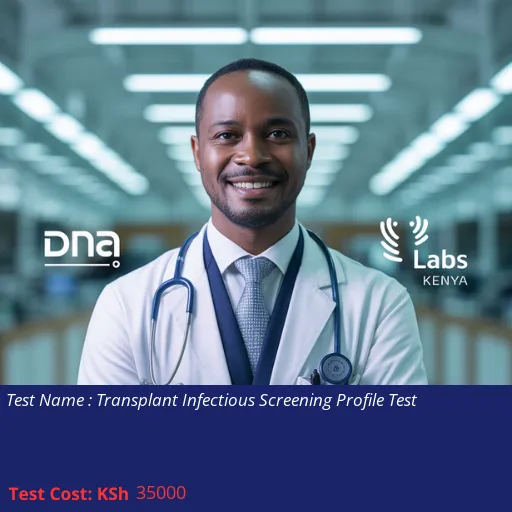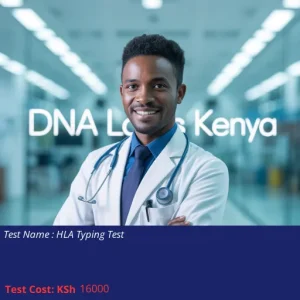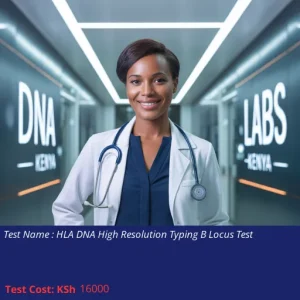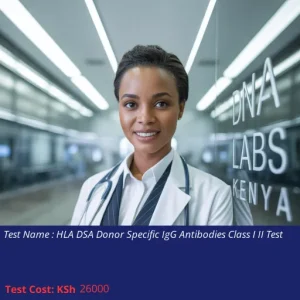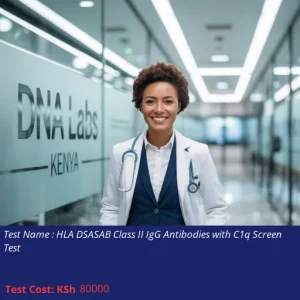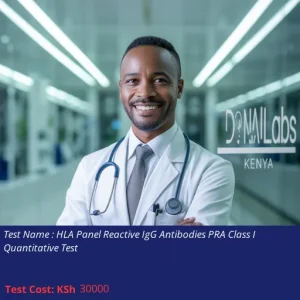Transplant Infectious Screening Profile Test
The Transplant Infectious Screening Profile Test is a comprehensive diagnostic tool designed to identify infectious agents that may pose a risk to individuals who have undergone organ transplantation. This test is critical for ensuring the safety and health of transplant recipients, helping healthcare providers monitor potential infections that could complicate recovery.
What the Test Measures
This screening profile detects several key pathogens and markers, including:
- SARS-CoV-2 RT-PCR
- HBsAg (Hepatitis B Surface Antigen)
- HIV 1 & 2 Antibodies Screening Test
- Anti-HCV (Hepatitis C Virus Antibodies)
- Complete Blood Count (CBC)
- Neutrophil to Lymphocyte Ratio (NLR)
- Liver Function Tests (LFT)
- Kidney Function Tests (KFT)
- Iron Studies
- C-Reactive Protein (CRP)
- CMV Qualitative PCR (Cytomegalovirus)
- BK Virus Qualitative PCR
- Urine Routine Examination (R/E)
Who Should Consider This Test
This test is recommended for:
- Individuals who have recently undergone organ transplants
- Patients exhibiting symptoms of infection post-transplant
- Those with risk factors such as immunosuppression due to medication
Benefits of Taking the Test
Undergoing the Transplant Infectious Screening Profile Test provides several benefits:
- Early detection of infections that could jeopardize recovery
- Informed decisions regarding treatment and management
- Peace of mind for patients and their families
- Improved overall health outcomes for transplant recipients
Understanding Your Results
Results from the Transplant Infectious Screening Profile Test will provide valuable insights into the presence of infectious agents. A healthcare provider will interpret the results, taking into account the patient’s medical history and current health status.
Test Pricing
| Price Type | Price (KSh) |
|---|---|
| Discount Price | 35,000 |
| Regular Price | 50,000 |
Sample Collection and Instructions
For optimal results, the following sample collection guidelines should be followed:
- 3 mL (2 mL min.) serum from 1 SST
- 8 mL (6 mL min.) whole blood from 3 Lavender Top (EDTA) tubes
- 10 mL (5 mL min.) aliquot of preferably first morning urine in a sterile screw-capped container
- Submit Nasopharyngeal & Oropharyngeal swabs in a special Viral Transport Medium (VTM)
Samples should be shipped refrigerated and not frozen. Overnight fasting and sampling before 12 noon is preferred. Avoid iron supplements for a minimum of 24 hours prior to specimen collection.
Branches Across Kenya
We have branches in all major cities across Kenya and offer a home sample collection service for your convenience. To book the Transplant Infectious Screening Profile Test, please call or WhatsApp us at +254711564616.

